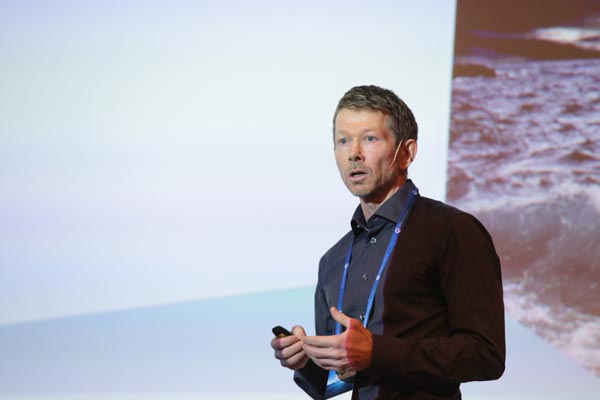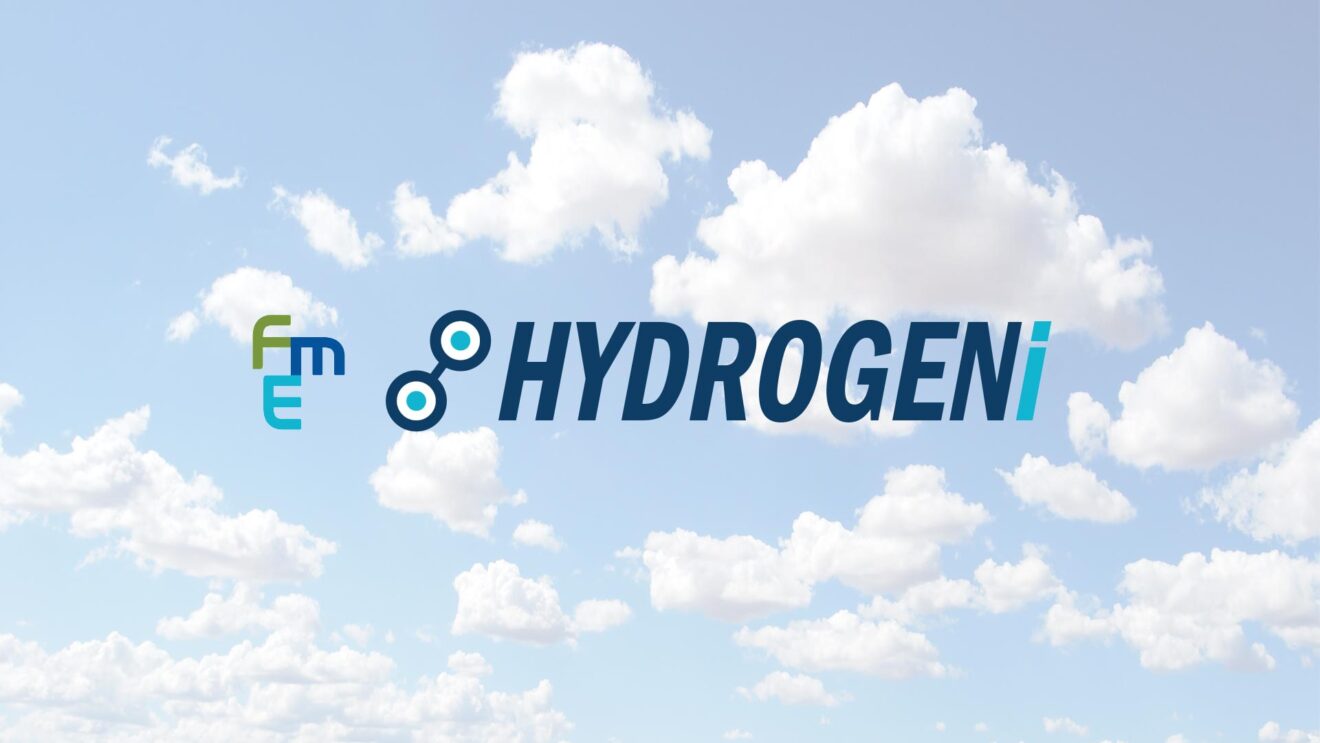|
|
|
|
|
|
Environmental Assessment of the Cold Flow Technology
|
|
|
What are the environmental impacts of using cold flow technology to transport hydrocarbons? In this article, I will discuss this question based on research from my PhD project. A bit of background The latest OG21 strategy document has outlined that after 2030, the production of Norwegian offshore oil and gas fields will increasingly be dominated by new fields. Due to …
|
|
|
|
|

|
Turning the corner: Emission cuts as a precondition to oil and gas activity
|
Read our interview with Gunnar Lille, from OG21, about how decarbonisation is now taking the centre stage for the oil and gas industry.
|
|
|
Beyond the shelf: 3 ways LowEmission innovations will benefit industries beyond oil & gas
|
|
|
From 2019 to 2026, the LowEmission research centre will develop new technology and concepts for offshore energy systems and integration with renewable power production technologies. The overarching target is to reduce offshore greenhouse gas emissions from operations on the Norwegian Continental Shelf, but the centre's innovations will benefit industry far beyond oil and gas. "Together with CCS and hydrogen/ammonia technologies, …
|
|
|
|
|

|
New hydrogen research centre
|
LowEmission gets a new sibling: the HYDROGENi research centre will focus on hydrogen and ammonia as a solution for decarbonisation. This is exciting news, given LowEmission's ongoing research in that same field.
|
|
|
|
|
Using offshore wind to cut oil & gas emissions
|
|
|
Emissions cuts in oil and gas production are possible if we do it with offshore wind. As a bonus, this will kick start the Norwegian offshore wind industry.
|
|
|
|
|
|
|
Contact:
|
|
|
If you wish to unsubscribe to all SINTEF-managed newsletters, click "Unsubscribe" below. If you only wish to unsubscribe to the LowEmission newsletter, click "Manage your subscription" and unselect LowEmission from the list.
|
  
|
|
|